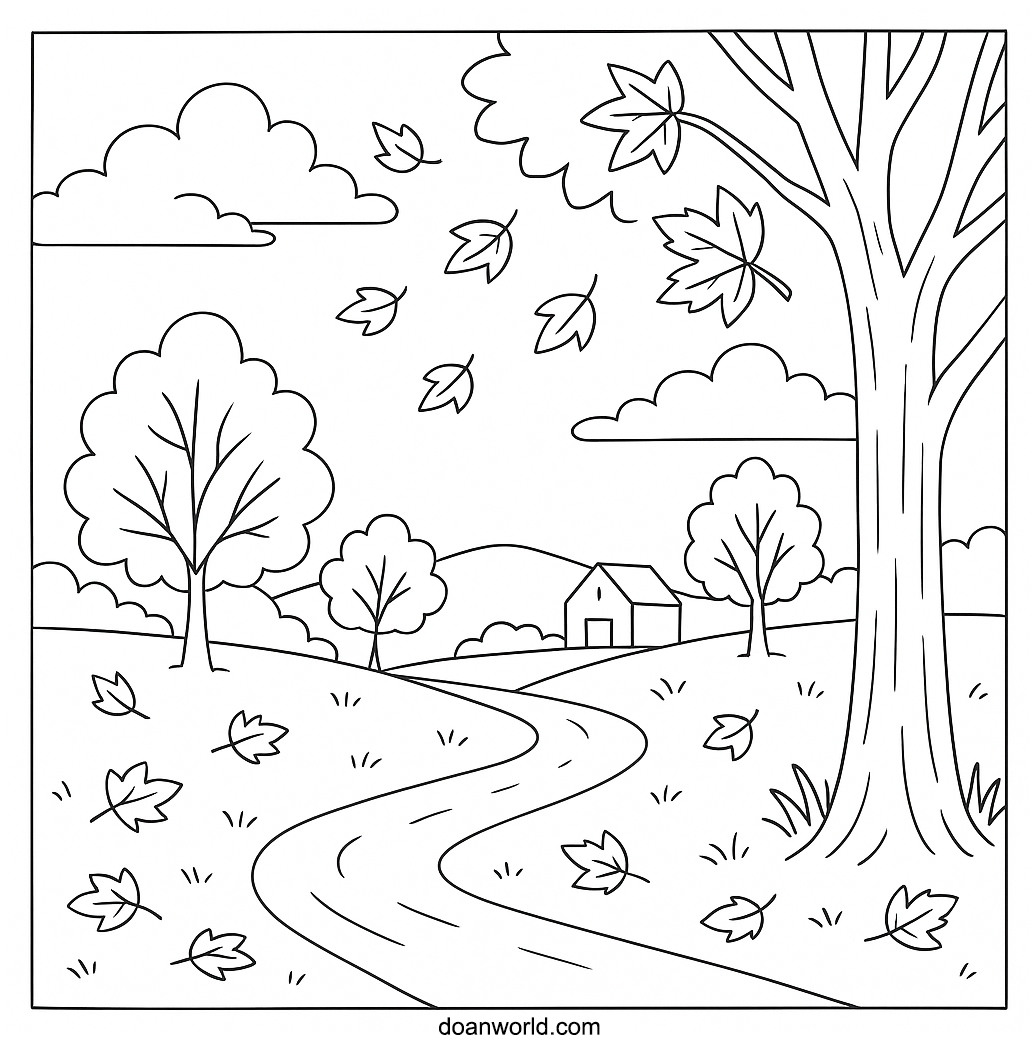Every autumn, forests and city parks turn into breathtaking canvases painted in red, orange, and yellow. But what causes leaves to change their colors? The answer lies in a fascinating mix of science, sunlight, and seasonal change.
🖍️The Role of Chlorophyll
During spring and summer, leaves are rich in chlorophyll — the green pigment that helps plants make food through photosynthesis. Chlorophyll captures sunlight and transforms it into energy, keeping leaves vibrant and green.
However, as autumn arrives and daylight hours shorten, trees begin to prepare for winter. The production of chlorophyll slows down and eventually stops. As this green pigment fades, other hidden colors begin to appear.
🖍️Carotenoids and Anthocyanins — Nature’s Hidden Paints
When chlorophyll breaks down, pigments like carotenoids (yellow and orange) and anthocyanins (red and purple) become visible.
- Carotenoids are always present in leaves, but hidden by the dominant green of chlorophyll.
- Anthocyanins, on the other hand, are produced only in autumn when sugars get trapped in the leaf.
This combination creates the stunning variety of colors we see — from golden ginkgo leaves to fiery red maples.
🖍️Weather’s Influence
The intensity of autumn colors depends heavily on the weather.
- Sunny days and cool, but not freezing nights enhance red pigments.
- Rainy or warm autumns often result in duller hues because chlorophyll breaks down more slowly.
That’s why some years the trees blaze with brilliant color, while others look more muted.
🖍️A Natural Survival Strategy
As leaves change color and eventually fall, trees conserve water and energy for the cold months ahead. The colorful transformation is not just beautiful — it’s a signal of survival. Trees shed their leaves to protect themselves during winter’s harsh conditions.
💡Conclusion
The next time you walk through a park filled with fallen leaves, remember that this beauty comes from a precise balance between light, chemistry, and nature’s timing.
Autumn’s colors remind us that even as the year fades, nature creates one final masterpiece before its long winter rest.





